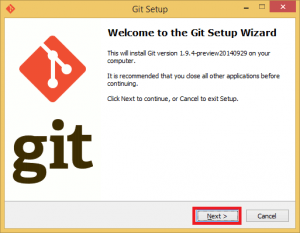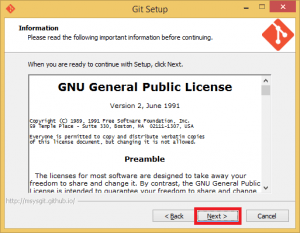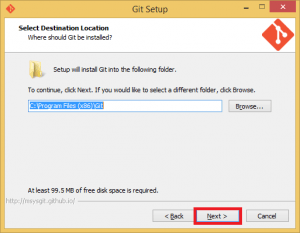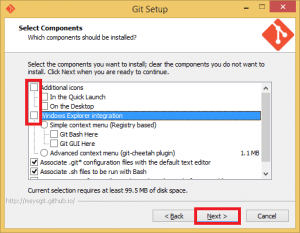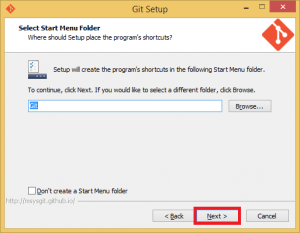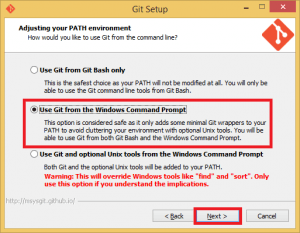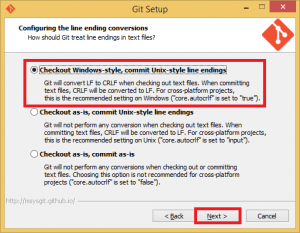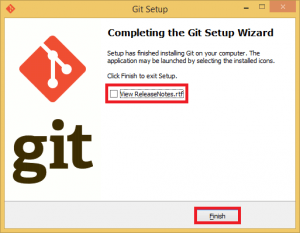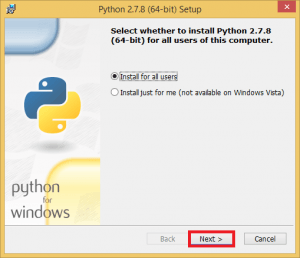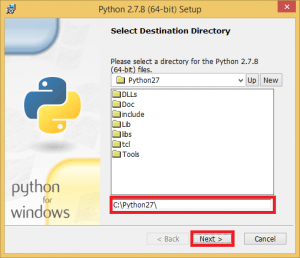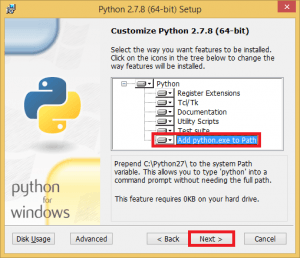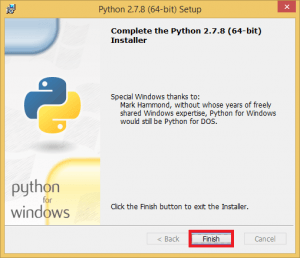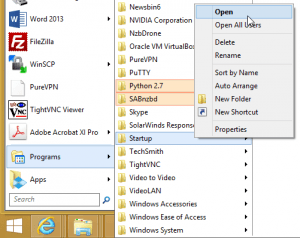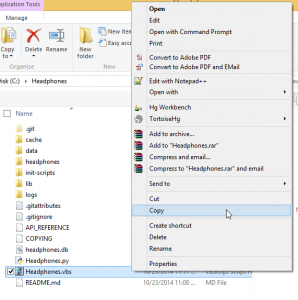 Headphones can help you grow your audio library. You create a watchlist of audio files and Headphones will help download them from torrents or usenet automatically on your home media server. For usenet it will work with Sabnzbd or NZBGet. If you prefer torrents, Headphones will work with uTorrent and Transmission. It can use both, you do not have to choose torrents or usenet though I prefer usenet for getting new content from UsenetServer. However, some would argue the audiocontent is better on private torrent sites like so if this is your choice make sure you secure yourself with PureVPN.
Headphones can help you grow your audio library. You create a watchlist of audio files and Headphones will help download them from torrents or usenet automatically on your home media server. For usenet it will work with Sabnzbd or NZBGet. If you prefer torrents, Headphones will work with uTorrent and Transmission. It can use both, you do not have to choose torrents or usenet though I prefer usenet for getting new content from UsenetServer. However, some would argue the audiocontent is better on private torrent sites like so if this is your choice make sure you secure yourself with PureVPN.
| Usenet Provider | |||||||
|---|---|---|---|---|---|---|---|
| UsenetServer | |||||||
| Newshosting | |||||||
| Frugal | |||||||
| Usenetlink |
Install Headphones Windows
Install Git Windows
Download gitshell and run it. You will see this wizard.
Accept the license
Choose the install location
Uncheck these options Additional icons and Windows Explorer integration. You won't need them. You can uncheck the bottom ones as well.
Leave the start menu folder as is or change it to your liking
This is important, for Adjusting your PATH environment, choose Use Git from the Windows Command Prompt
This is less important but I chose the top option Checkout Windows-style. It only matters if you are using git to create programs.
Unless you want to see the Release Notes uncheck it and click Finish
Install Python 2.7.x
Download Python 2.7 32-bit or 64-bit.
Run the installer, for the most part you just click Next through the Wizard
This guide will assume you are installing to C:\Python27
In the Customize Python 2.7.x enable Add python.exe to Path.
This allows you to run python from the command prompt in Windows.
Click Next
Click Finish to exit
Install Headphones
Open up a command prompt as an Administrator.
git clone https://github.com/rembo10/headphones.git c:\HeadphonesMake sure Headphones runs
python c:\Headphones\Headphones.py -dNow we will make Headphones run on startup so it runs in the background on boot.
These methods also mean you won't have a command prompt open all the time, it will be hidden.
Only use either the service or the vbs, do not use both!
HeadPhones Windows System Service
Download the latest nssm and copy the nssm.exe from either the win32 or win64 folder inside the zip to c:\Windows\System32
In a command prompt running as an Administrator
nssm install Headphones c:\python27\python.exe c:\Headphones\headphones.pyIf you put Headphones in c:\Program Files or any directory with spaces
nssm install Headphones c:\python27\python.exe "c:\Program Files (x86)\Headphones\headphones.py"Change the NZBHydra nssm service to autostart on boot
nssm set Headphones Start SERVICE_AUTO_STARTStart the Headphones service
nssm start HeadphonesReboot Windows to test and the Headphones web interface will be available on port 8181
Headphones vbs Script
Create the file Headphones.vbs in Notepad
Paste this code
Set WshShell = CreateObject("WScript.Shell")
WshShell.Run chr(34) & "C:\Headphones\Headphones.py" & Chr(34), 0
Set WshShell = NothingFile Save as and save it as “Headphones.vbs” in C:\Headphones so the file ends up as C:\Headphones\Headphones.vbs
Now copy a shortcut of Headphones.vbs to your Startup folder
Open up you Startup Menu. Right click and choose Open.
In Windows explorer, go into C:\Headphones and copy Headphones.vbs
Now paste it as a shortcut in the Startup menu folder by right-clicking and choosing Create Shortcuts here.
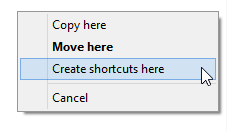
Now you can access Headphones at http://ip.address:8181.
To update Headphones manually, open a command prompt and enter the Headphones folder
cd c:\HeadphonesUse git to pull the latest update
git pull
